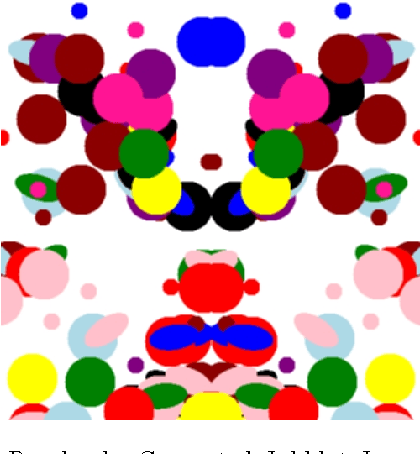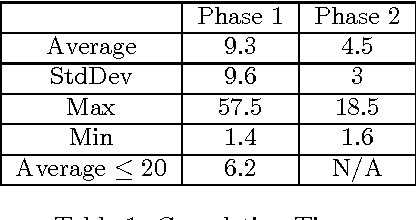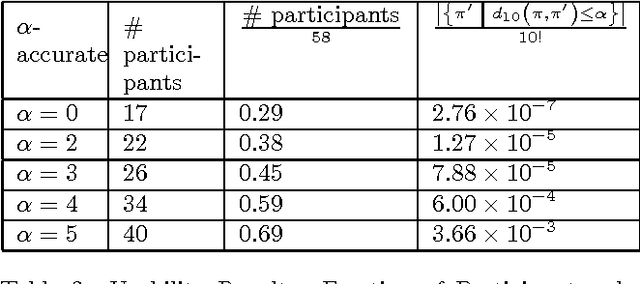GOTCHA Password Hackers!
Paper and Code
Oct 04, 2013


We introduce GOTCHAs (Generating panOptic Turing Tests to Tell Computers and Humans Apart) as a way of preventing automated offline dictionary attacks against user selected passwords. A GOTCHA is a randomized puzzle generation protocol, which involves interaction between a computer and a human. Informally, a GOTCHA should satisfy two key properties: (1) The puzzles are easy for the human to solve. (2) The puzzles are hard for a computer to solve even if it has the random bits used by the computer to generate the final puzzle --- unlike a CAPTCHA. Our main theorem demonstrates that GOTCHAs can be used to mitigate the threat of offline dictionary attacks against passwords by ensuring that a password cracker must receive constant feedback from a human being while mounting an attack. Finally, we provide a candidate construction of GOTCHAs based on Inkblot images. Our construction relies on the usability assumption that users can recognize the phrases that they originally used to describe each Inkblot image --- a much weaker usability assumption than previous password systems based on Inkblots which required users to recall their phrase exactly. We conduct a user study to evaluate the usability of our GOTCHA construction. We also generate a GOTCHA challenge where we encourage artificial intelligence and security researchers to try to crack several passwords protected with our scheme.
 Add to Chrome
Add to Chrome Add to Firefox
Add to Firefox Add to Edge
Add to Edge